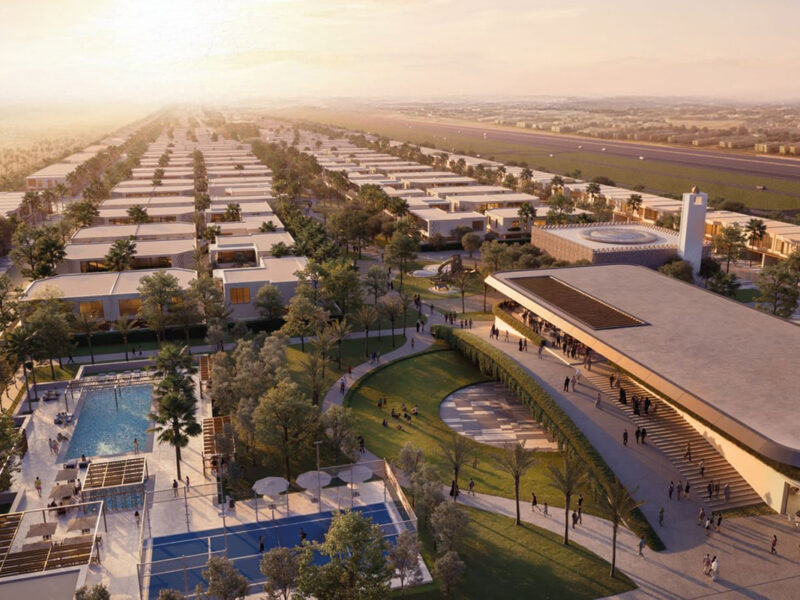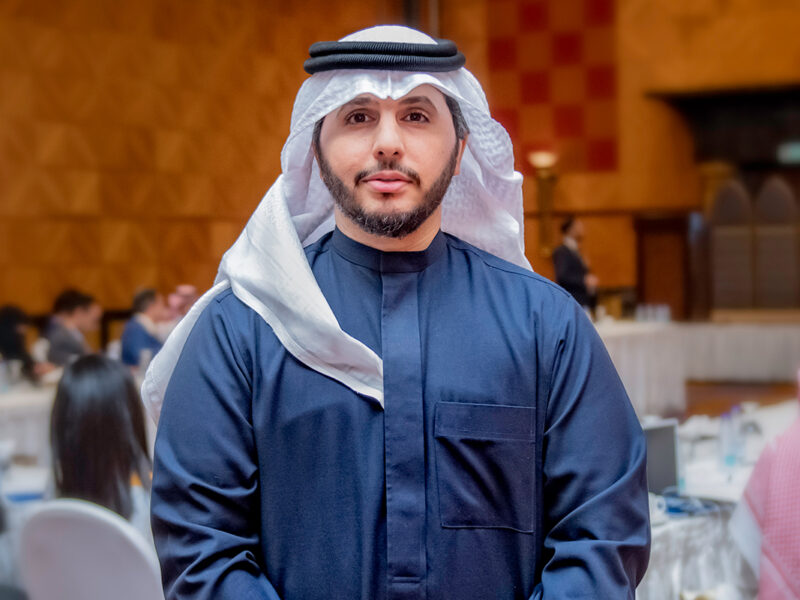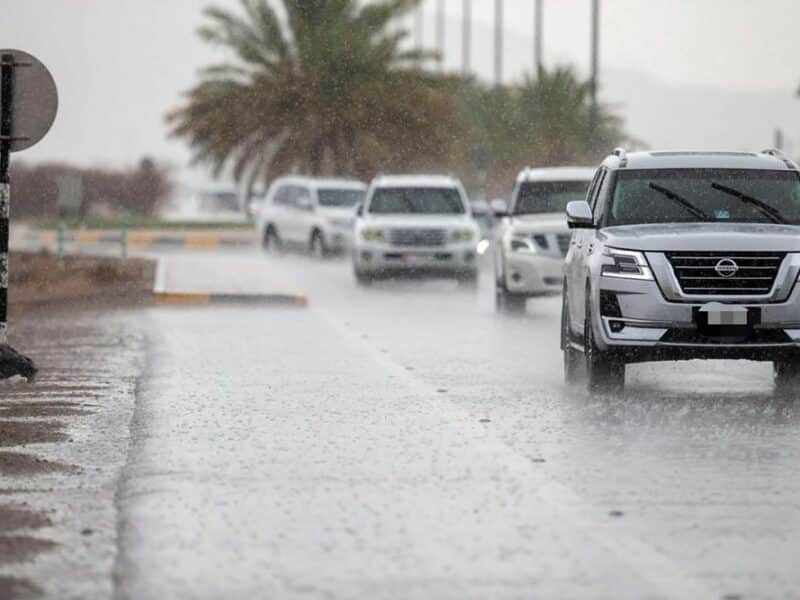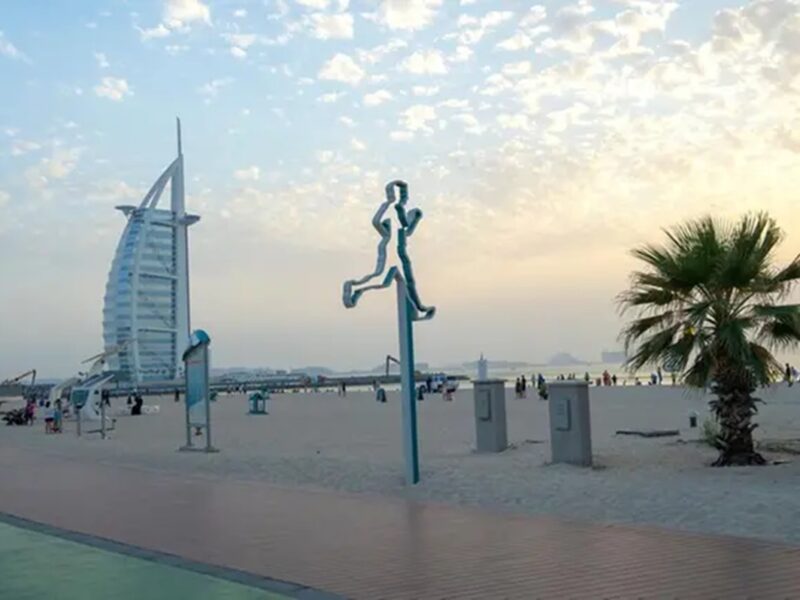District cooling is now widely accepted as the primary source of air conditioning on most major developments underway in the Gulf, but how is the industry planning to cope with the challenges ahead? IDEA Middle East Chapter executive director Rita Chahoud explains the moves underway to Alison Luke.
October will see the third international district cooling conference to be held in the Middle East by the US-based International District Energy Association (IDEA) within less than two years.
Expected to be attended by more than 400 delegates, the size and frequency of such IDEA events is testimony to the importance that the region’s district cooling sector now holds on a world scale.
So much so that IDEA has chosen this latest event for the worldwide launch of its first district cooling best practice guide, a 200-page technical document aimed at professionals operating within the sector.
IDEA currently has around 1,000 member firms, with 160 from the Middle East and primarily from within the UAE. Members within the Gulf region are represented by the Abu Dhabi-based Middle East Chapter, which is growing at an exceptional rate for the sector.
“Everybody knows that the cooling industry in the Middle East has been growing at a very fast pace and overpowering the other regions [worldwide] because of the cooling growth needed here and the climate…this Chapter was only launched in January 2007 and it’s growing rapidly,” explains IDEA Middle East Chapter executive director Rita Chahoud.
She is quick to stress that this growth is geographical as well as in terms of numbers: “Hopefully we are going to be growing more in the GCC… all the region is expanding and we have members joining us from Saudi, Bahrain, Qatar – all over the GCC. We’re here to grow, we’re here to support the members, so wherever they need us we’ll be there, but for the time being we’ll remain headquartered in the UAE” reports Chahoud.
Numbers-wise, further percentage growth is unpredictable and will not be a principal aim for the organisation states Chahoud: “It’s more about quality rather than quantity and it depends on the industry [growth]…if we got 160 members in 18 months, nobody knows what it’s going to be in five years, but we’re attracting more and more people.
“Even [IDEA’s] international shows are attracting a Middle Eastern audience; we have more and more companies attending the workshops and conference in the US, so it’s growing here and internationally as well,” she reports.
The Chapter’s launch was originally initiated by Tabreed CEO Dany Safi – the district cooling provider for which Chahoud also works and IDEA’s sponsor within the region.
“It was his vision that [the sector needed an organisation] as capable and knowledgeable as IDEA to come and put all their efforts and expertise to use for people in the industry here,” states Chahoud. Safi joined the IDEA board in 2004 and began the establishment of a dedicated Middle East Chapter at that time. Chahoud became involved in 1999 after joining Tabreed and was appointed in her new role in October last year. October working
The international conferences organised and co-hosted by the Chapter are a public demonstration of IDEA’s success in the region. The highlight of the upcoming event will be the launch of the best practice guide, states Chahoud, however technical sessions over the four-day event will cover all aspects of the industry, from financial issues to those hot topics of water and power availability.
One of the benefits of the organisation is the open industry forum it offers, stresses Chahoud. “The interaction is unbelievable – when you see these companies sitting together, it’s not like they are competitors: they are peers, they are colleagues,” she assures.
It is such attitudes that are enabling the development of the industry in the region, with both successes and failures being shared and discussed by the members. “All the local companies are facing the same problems – power shortages, water shortages and [lack of skilled] manpower, so they sit with an open mind and discuss these things,” reports Chahoud.
This is a process that has led to other regions worldwide looking to the Middle East for advances in technology and business processes, despite its relatively short time in the market.
“Ten years is not really a long history; in the States they have been doing this for 45-50 years,” reminds Chahoud. However, a lot has happened in the last decade in the region in terms of construction and general development. The sheer volume of work that this has created has gone a long way to enabling such an open industry forum to become a reality.
“It’s a big market,” stresses Chahoud. “No matter how much competition [firms] have it’s still a huge market and not all of these companies combined can cater to the cooling load that’s required, so they sit together with a really open mind and discuss the issues. There are no real secrets because it’s a small [industry] and everybody knows everybody else,” she adds. Industry issues
One of the issues currently facing the industry is the confusion over the green building legislation and what is required of the district cooling industry under law.
“Recently Sheikh Mohammed mentioned that every major developments should use district cooling from now on and there are really high expectations because of that,” explains Chahoud.
“I don’t know if the government has finalised [the legislation] and this has become law…if we’re asked, [IDEA] would absolutely be involved [in setting up such a law],” she adds. The Association is in continuous contact with government officials, such as the Minister of Water and Electricity she assures.
This contact is set to become even more vital over the coming years as the power and water resources available in the region continue to get stretched to the limit. Indeed these are the biggest issues facing the district cooling sector at present.
“All over the GCC we know that there is a power shortage as well as a water shortage,” states Chahoud.
“The power demand has really surged and there are not enough power plants; this is why you have recently seen that the UAE has signed up for a nuclear power scheme, but obviously this is going to take maybe ten years [to implement], ” she explains.
“There are a number of things that can be done [to aid short term supply]: thermal storage, co-generation…we are looking forward to having a difference of [power tariffs] between the day and the night – this is what would make a difference and this when thermal storage would really make a difference. Eventually I believe [a tariff structure] will be brought in,” she adds.
The volumes of water needed to operate a district cooling system is also coming under closer scrutiny and increasing criticism due to the current shortages in availability.
So how are the IDEA members tackling the issue? “Obviously as district cooling systems run on chilled water, water is definitely needed and with water shortages, desalination would probably be the main solution,” states Chahoud.
Some firms are looking towards the use of treated sewage effluent (TSE) and seawater, but such resources also pose problems reports Chahoud: “I believe there are some issues with the quality [of sea] water…The use of sewerage water as well as desalinated water may be the only two solutions to get [enough] water,” she states.
The effects of these issues are wider spread than simply the district cooling firms, as Chahoud explains. “A plantroom needs power and water, so if [there’s insufficient available] in an area where you are going to build a plantroom, how can you operate your facility?” she reasons. “This will affect the whole area: if you cannot get power to your plantroom then a developer will not have power for his building,” stresses Chahoud.
With such restrictive issues facing those in the industry at the same time as the demand for its services is growing, delegates at the October conference in Dubai will have plenty to discuss. The construction industry at large will be waiting to hear that ready solutions do exist to enable their work to continue as well.
The third IDEA International District Cooling Conference is due to be held on 19-22 October 2008 in the Intercontinental Dubai Festival City. The vent will be hosted by the Middle East Chapter of the International District Energy Association (IDEA).
Those registered as full conference attendees will receive a copy of the IDEA District Cooling Best Practice Guide as part of their package. Due to be launched at the event, the Guide covers a wide range of topics relating to the sector, including the design process, controls, commissioning, procurement, project delivery and business development.
For more details and to register for the conference see www.districtenergy.org or email: [email protected].








